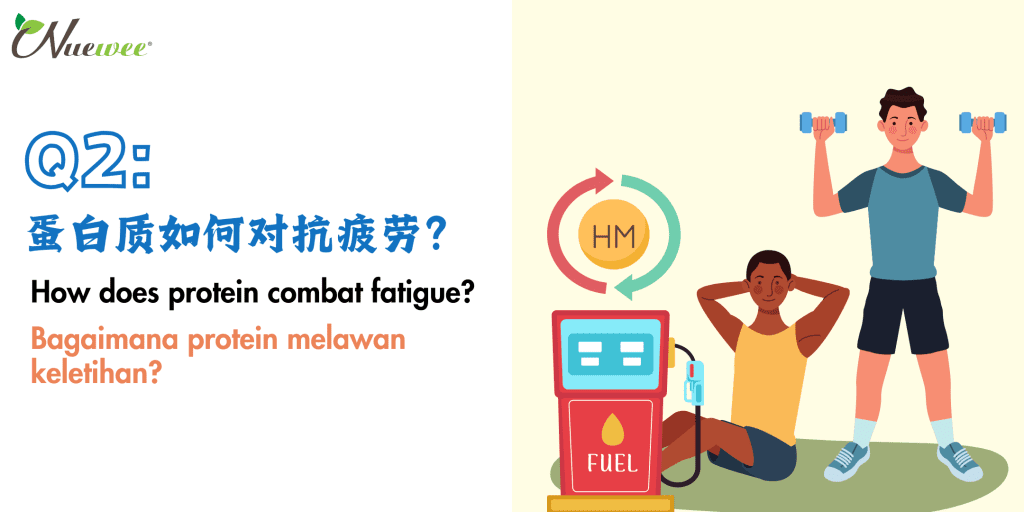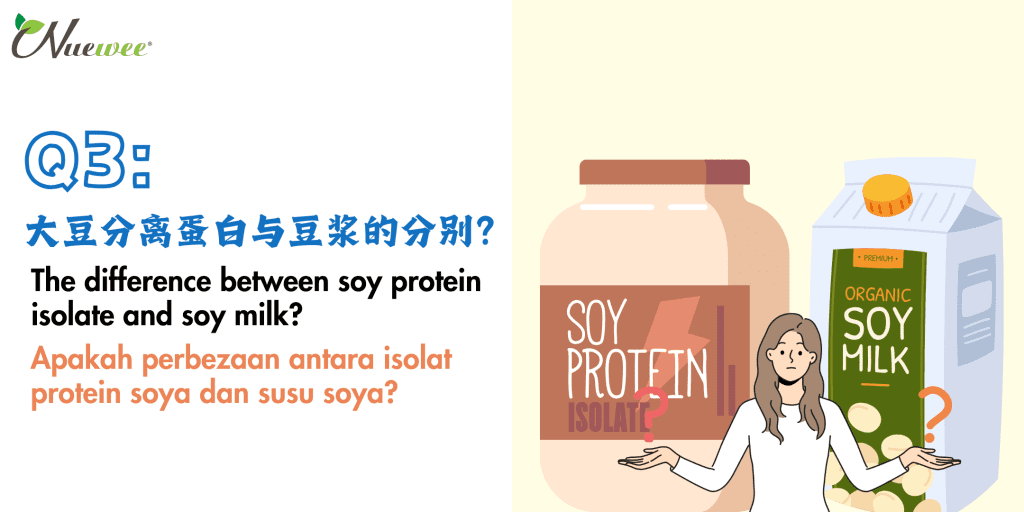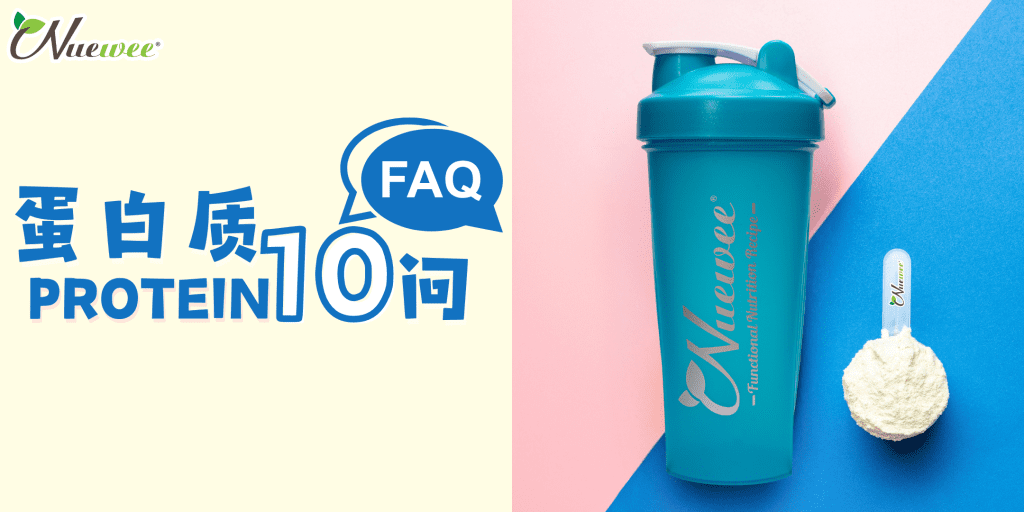Protein is a vital macronutrient made up of amino acids, which are organic compounds composed of nitrogen, carbon, hydrogen, and oxygen. These amino acids are the building blocks of proteins and play a crucial role in various bodily functions.
Here are 10 frequently asked questions about protein:


Q1 How Does Protein Boost Immunity?
When we talk about how protein enhances immunity, we can imagine it as the construction workers and security team of our body. Imagine when our body encounters invaders (such as bacteria or viruses), our immune system acts like a team that protects our home. And protein is like the main construction material and armory of the immune system.
- Building the Foundation of the Immune System: Protein provides the essential materials needed to produce antibodies and immune cells. Just like construction workers use bricks and cement to build houses, our body uses protein to create antibodies and immune cells that defend against pathogens.
- Repairing and Strengthening Defenses: When we are sick or injured, protein helps repair damaged tissues, much like repairing and reinforcing damaged walls. This way, our immune system can better protect us from external threats.
- Supporting the Equipment and Energy of the Warriors: Protein also aids in synthesizing various important chemicals, such as enzymes and cytokines, which act as weapons and energy sources within the immune system. These chemicals help our immune system more effectively identify and attack invaders.
In simple terms, protein helps us stay healthy and ward off diseases by providing building materials for our immune system, repairing damaged tissues, and supplying energy support. Therefore, consuming high-quality protein is a crucial part of maintaining immunity and overall health.


Q2 How does protein combat fatigue?
Imagine protein as our body’s “energy replenishment station“, playing a crucial role in helping us combat fatigue.
- Providing Sustained Energy: Protein is one of the important sources of energy for the body. It can be broken down into amino acids, which are used by muscles and other tissues. Unlike carbohydrates, proteins take longer to digest, providing more sustained and stable energy, which helps to delay fatigue.
- Supporting Muscle Repair and Growth: After exercise or intense activity, muscles may experience minor damage. Proteins help repair these muscles, promoting their growth and reconstruction. This not only helps maintain muscle health but also reduces post-exercise fatigue.
- Regulating Metabolism and Energy Expenditure: Proteins are involved in regulating the body’s metabolic processes, including energy synthesis and utilization. By supporting internal chemical reactions, proteins help optimize the efficient use of energy, thereby reducing fatigue caused by energy deficiency.
- Enhancing the Body’s Stress Response: Proteins play a critical role in responding to bodily stress, such as physiological and emotional stress. They aid in synthesizing hormones, enzymes, and other important chemicals that support the body in coping with challenges and stress, thereby reducing fatigue.
Therefore, by consuming sufficient high-quality protein, you can provide sustained energy support, promote muscle repair and growth, regulate energy metabolism, and help resist fatigue while maintaining overall health.


Q3 The difference between soy protein isolate and soy milk?
Soy protein isolate is a highly concentrated protein product, typically containing over 90% protein. It is extracted from soybeans and almost all of the fat, carbohydrates, and other non-protein components are removed.
On the other hand, soy milk is a liquid beverage made by grinding and cooking soybeans, retaining all the nutrients found in soybeans, including protein, fat, carbohydrates, fiber, and some micronutrients.
Although both soy protein isolate and soy milk come from soybeans, they differ significantly in composition, nutritional value, and usage. Soy protein isolate is a high-protein supplement, ideal for individuals requiring high protein intake such as athletes and fitness enthusiasts. Soy milk, on the other hand, is a nutritionally balanced beverage suitable for daily consumption, providing comprehensive nutrition.
In summary, if we aim to enhance muscle or engage in high-intensity workouts, soy protein isolate would be a suitable choice. If we seek a nutritious beverage, soy milk would be a good option.
For more information:
1. Nuewee Organic Green Tea Protein with Stem Cell Gold
2. Nuewee Organic Blackcurrant Protein with Astaxanthin
3. Nuewee Organic Banana Protein with Tiger Milk Mushroom
4. Nuewee Organic Pumpkin Seed with Turmeric

